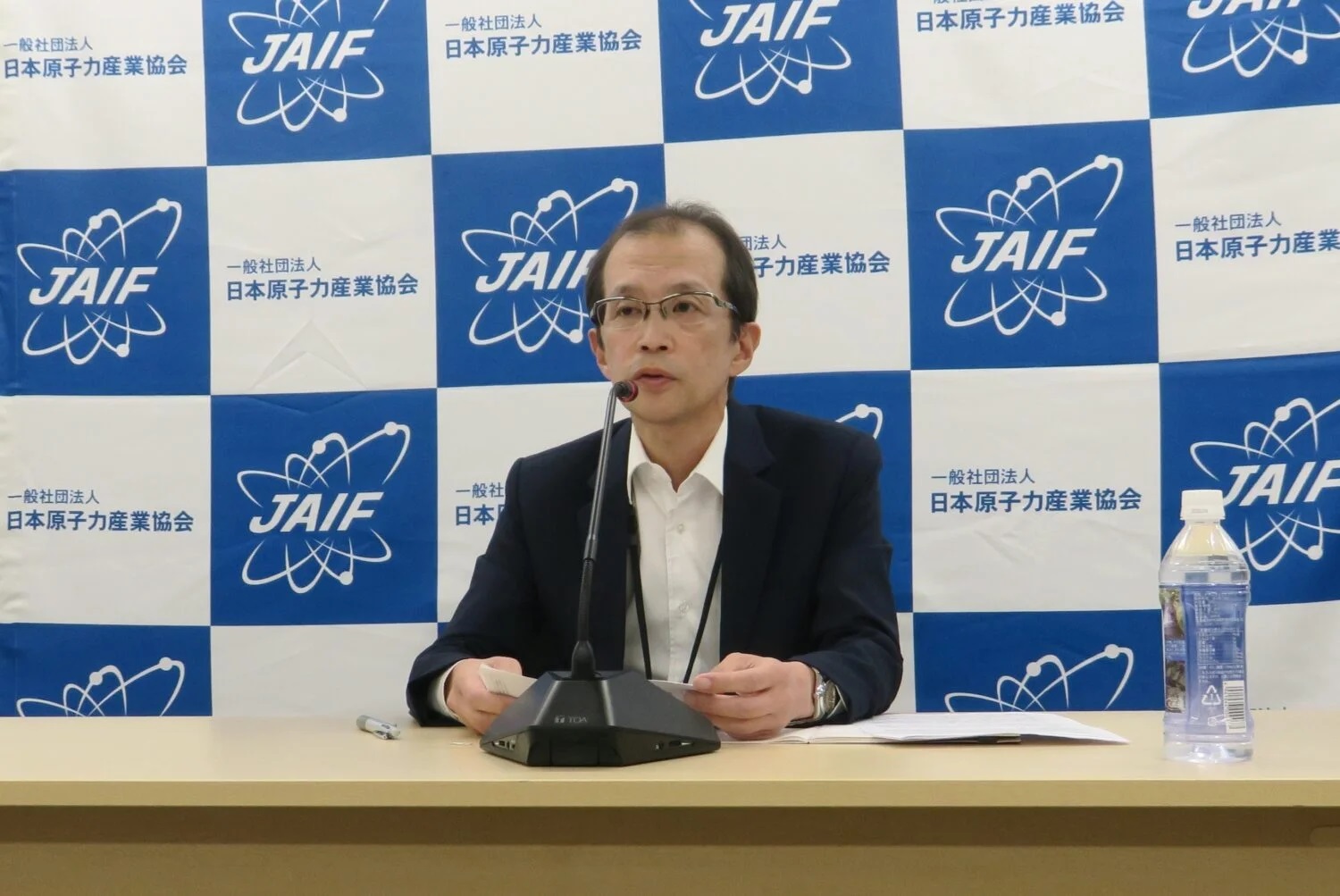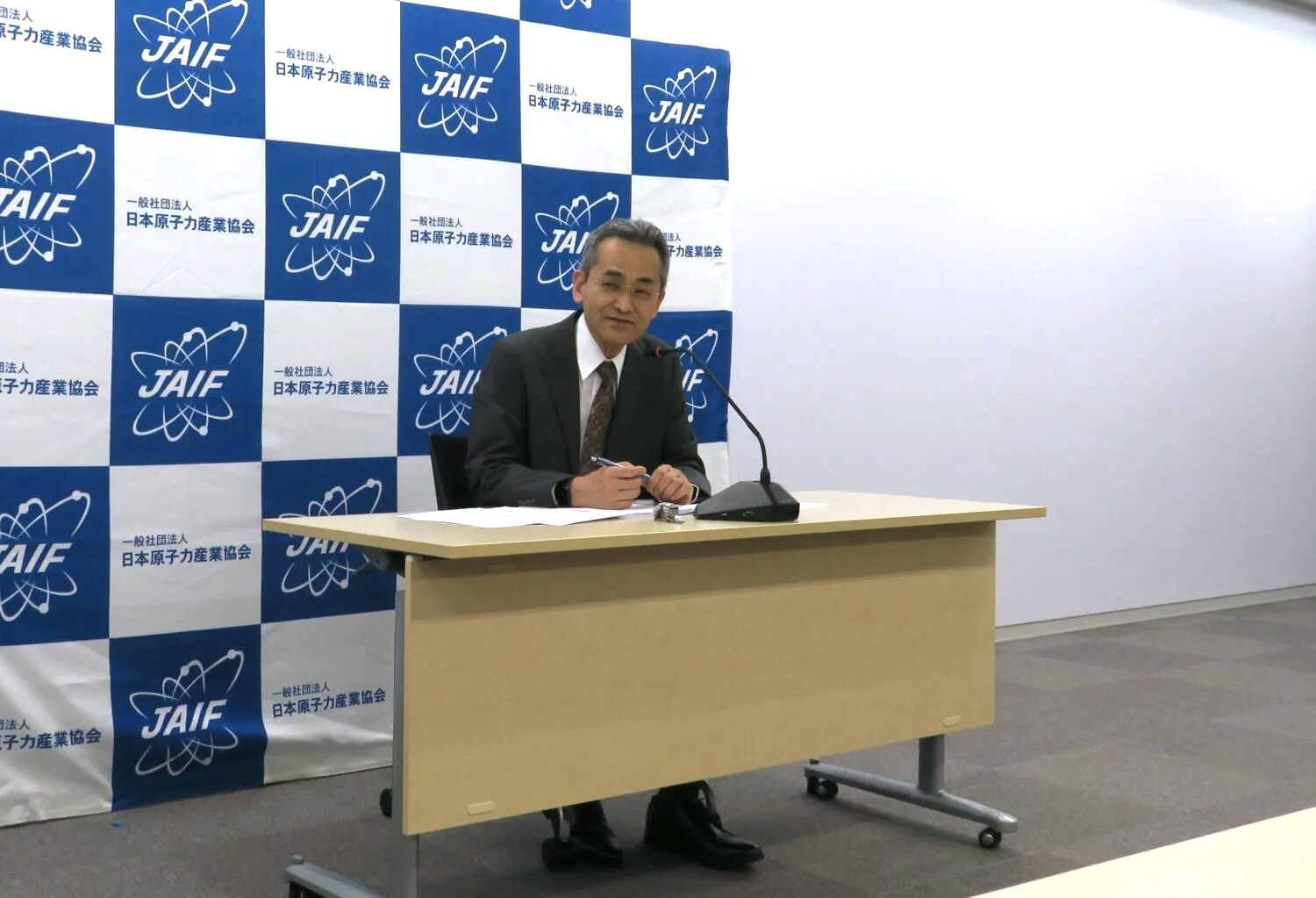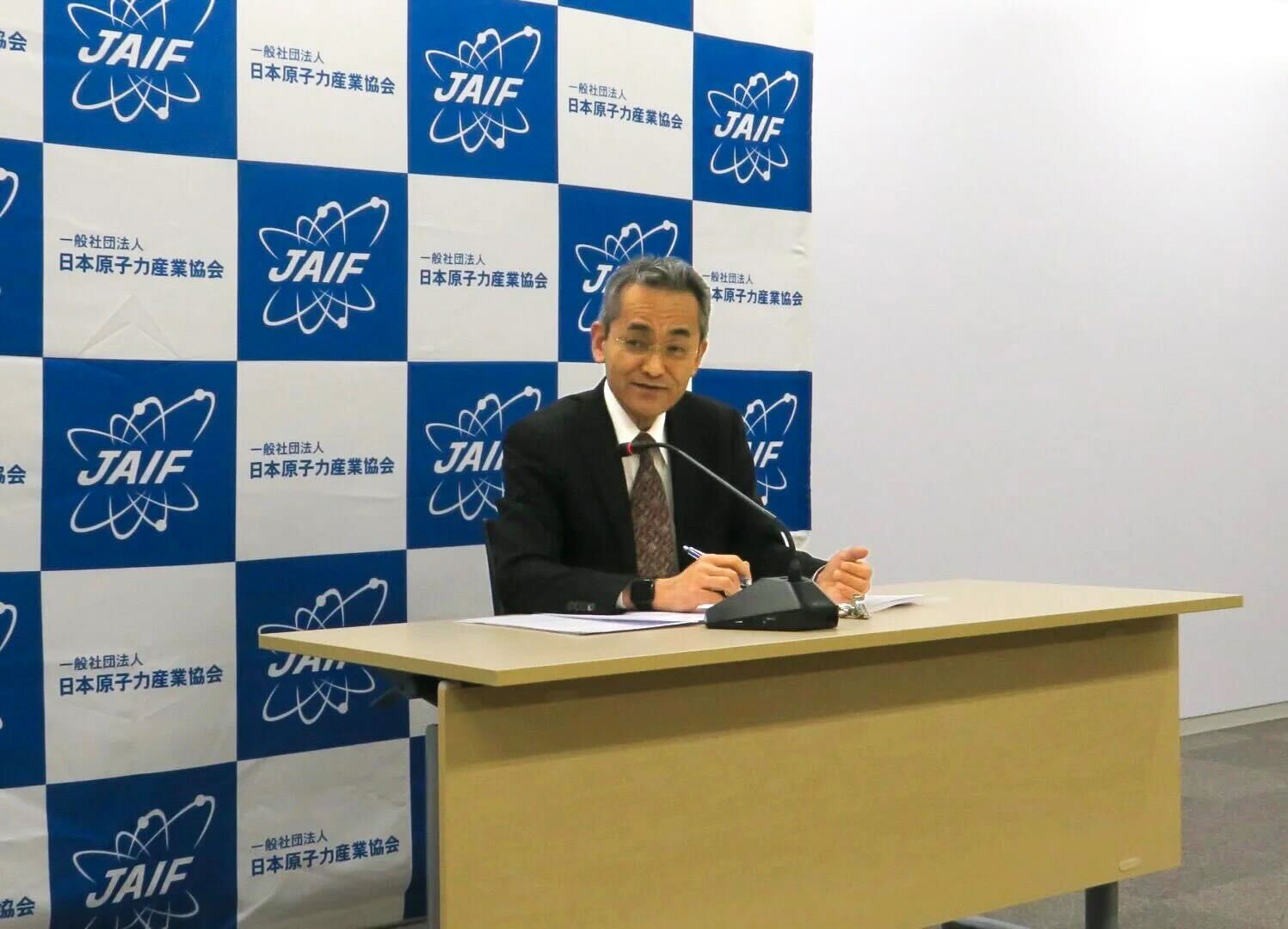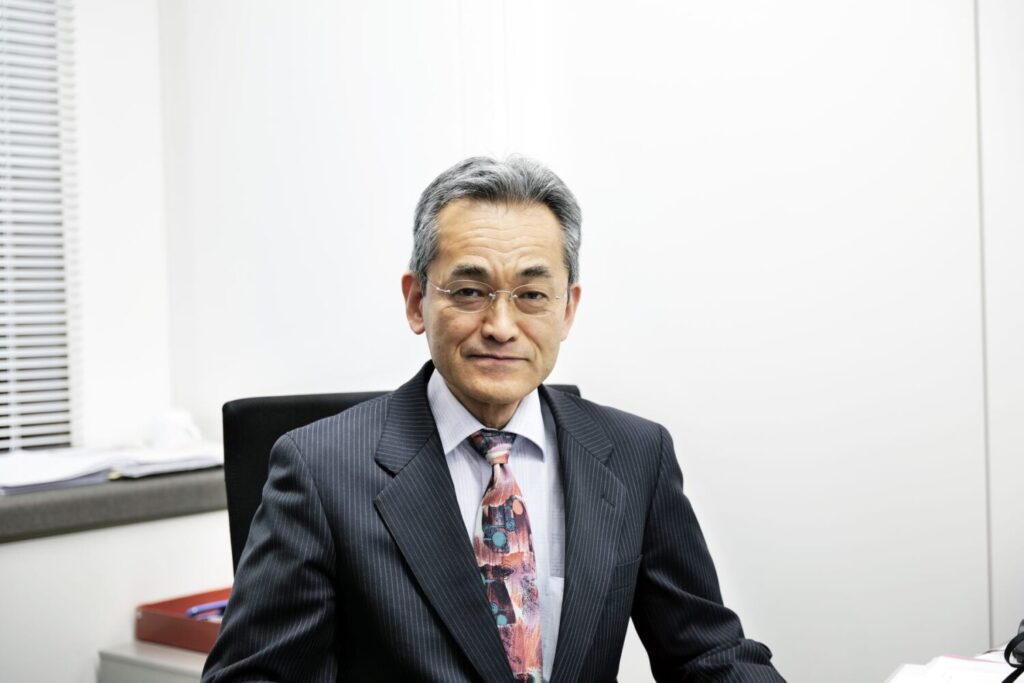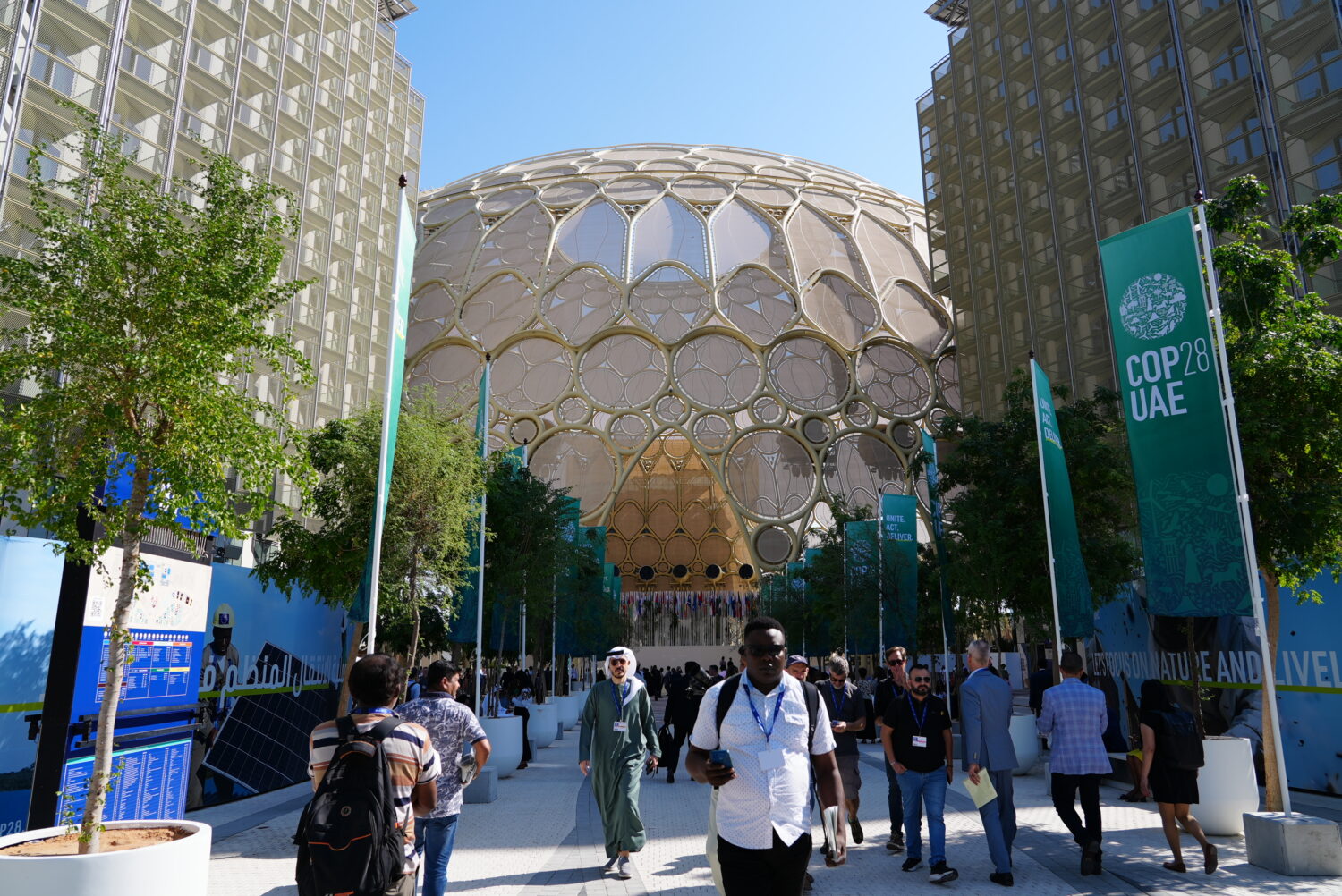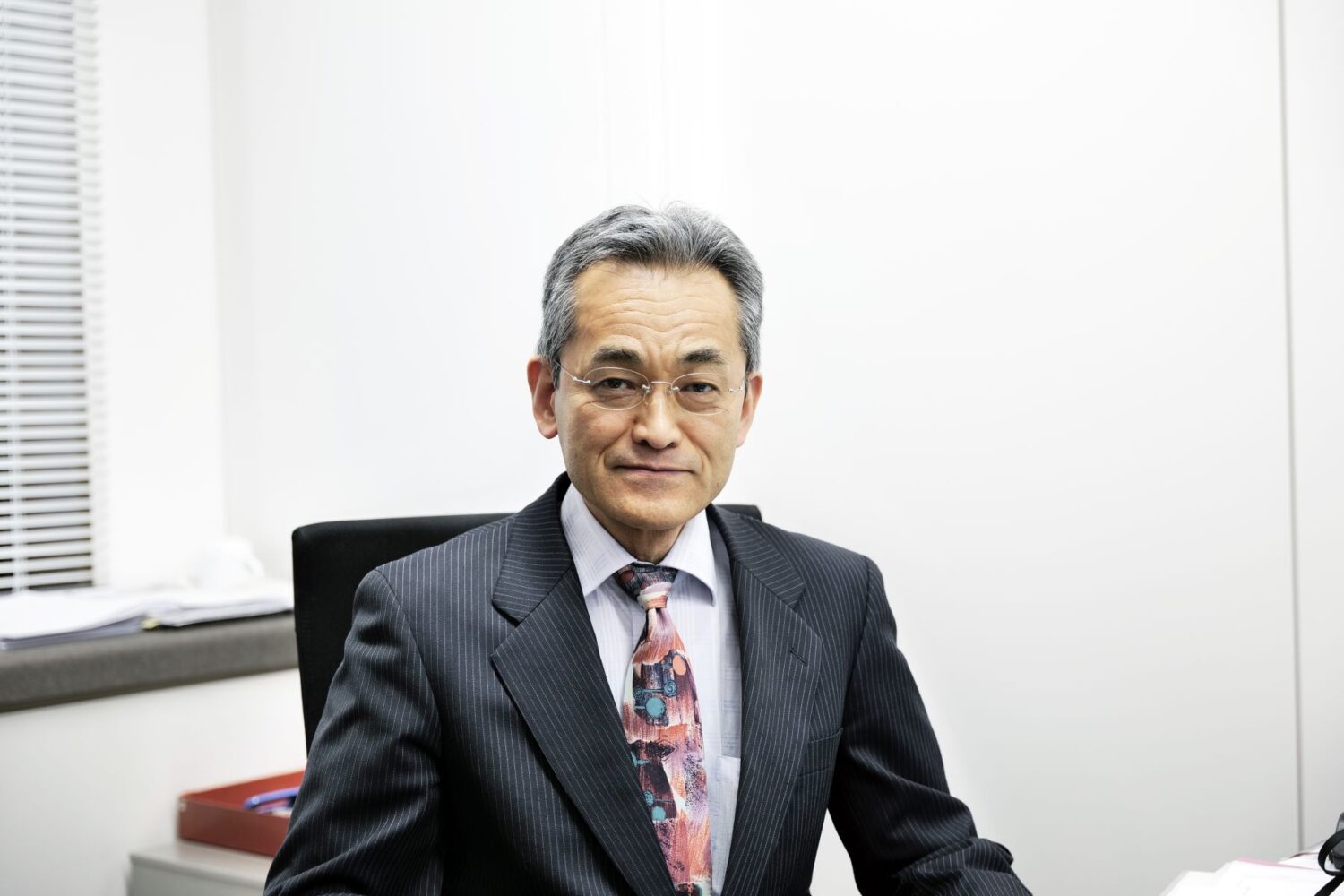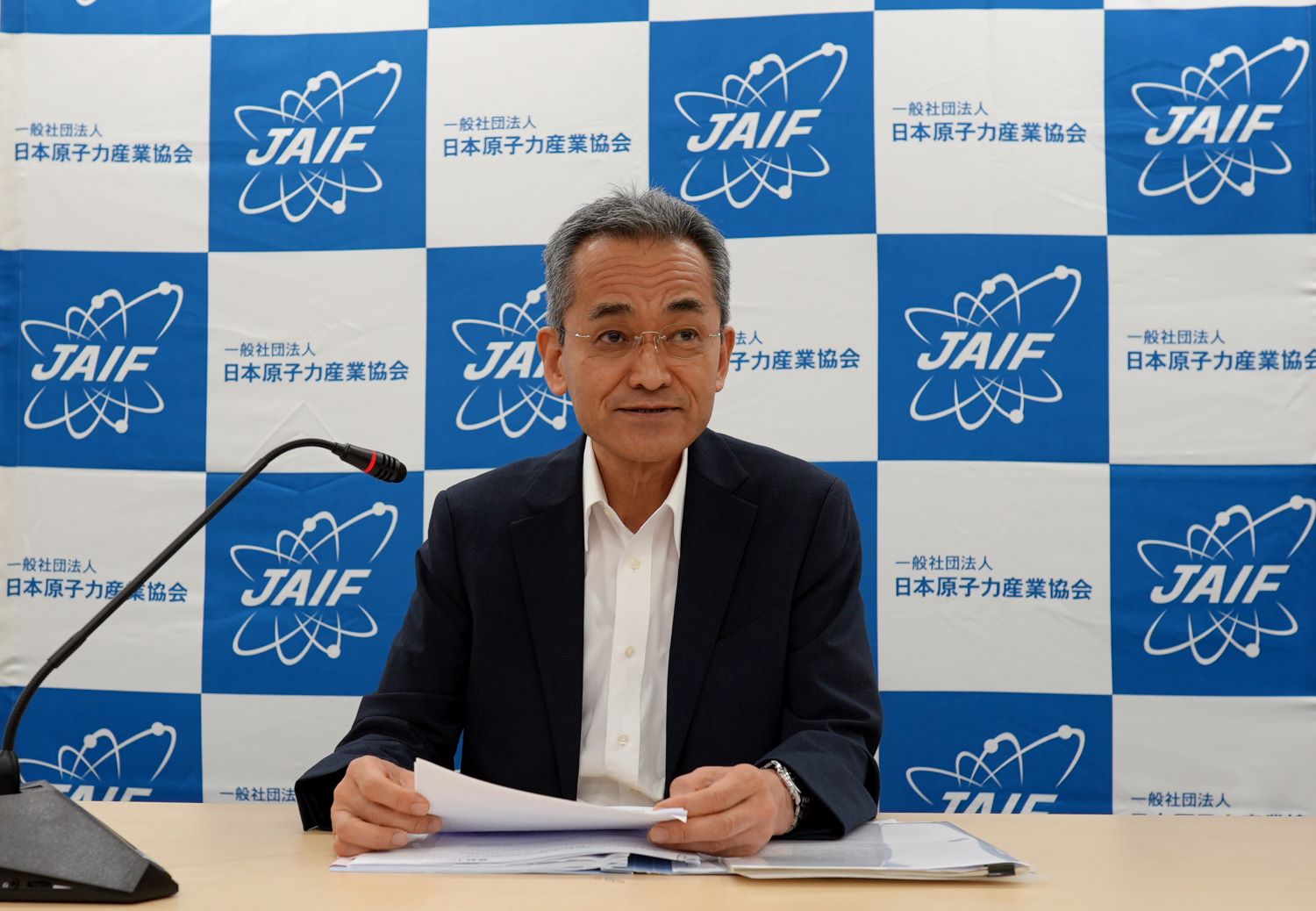Last July, the Japanese Cabinet decided upon the 5th Strategic Energy Plan, which serves as the basis for the nation’s energy policy. Nuclear power continued to be positioned within that plan as an important base-load energy source. At the end of last year, moreover, the COP24 UN climate conference, held in Poland, adopted implementation guidelines for managing the Paris Agreement drafted in 2015. Though some expect nuclear power, as a base-load energy source for the stable supply of electricity, to play a significant role in combating climate change (global warming) as well, efforts must be made to gain the trust of society before it can do that.
At the start of the new year, let me present the four principal activities that JAIF will engage itself in during the following year.
1.Promoting the greater public understanding of nuclear power
To get the public to understand nuclear energy better, it is absolutely necessary to relay accurate information to them in a timely fashion. However, given the diversification of social values and the various levels of people’s interest in energy issues, as well as the multiplication of the means by which information is procured, we must carefully shape both the kind of information we provide and the way we go about it by continually keeping an eye on social trends and movements. At present, JAIF releases information through its website and e-mail newsletter, among other methods. In the upcoming year, we aim to creatively enhance and embellish those means of expression further.
Additionally, the information that we transmit must be easy for people to understand. We will strive toward making our explanations more understandable through improved press briefings as well as explanatory commentaries downloaded to our website.
Of course, understanding will not, and cannot, advance through the mere unilateral issuance of information. I thus believe that we need to focus more on carrying out dialogues than we have in the past. To enhance such activities, we will capitalize on the networks already established by JAIF with local communities, universities and the like. It will not be easy, however, for those activities to materialize solely through our own efforts, so we plan to work harder to enlist the cooperation of relevant institutions and operators to facilitate more efficient modes of information transmission.
2. Providing support for the reconstruction of Fukushima
Almost eight years have passed since the accident that struck the Fukushima Daiichi Nuclear Power Plants. While the number of accident-related evacuees in Fukushima Prefecture declined by approximately ten thousand people last year, there are still some forty-three thousand people who are unable to return to their homes after so much time.
The reconstruction of the prefecture, though, is proceeding steadily, including such progress as the resumption last year of activities at the so-called J-Village [National Soccer Center], which had served as the base for support activities for the NPPs after the accident, and the upcoming start of the official use of a newly-built government office in Okuma Town, one of the two municipalities in which the NPPs are situated, in May 2019. Amidst such developments, JAIF hopes to work closely with the communities involved in anticipation of and in preparation for further reconstruction work.
At the same time, however, false rumors remain deeply entrenched both in Japan and elsewhere about the viability of Fukushima agricultural and marine products. JAIF will do all it can to help dispel such rumors, releasing scientifically-proven data and so forth in order to create an understanding of the safety of Fukushima products.
As for the structures of the Fukushima Daiichi NPPs themselves, work is progressing on their dismantling in accordance with a medium- and long-term road map. This year, expectations are high for the removal of spent fuel from Unit 3, but the big issue of how to treat the water, which contains tritium, still hangs over our heads. Hearings were held last year concerning the treatment of the water. For its part, JAIF also hopes to carry out dialogues and other explanatory activities so as to promote the understanding of the effects of discharging the water into the ocean.
3. Furthering international cooperation
Since the Fukushima Daiichi accident, the usage of nuclear power has been steadily introduced and/or expanded throughout the world. High hopes are being pinned overseas on the high quality of Japanese nuclear technology. By exporting such technology abroad, Japan can contribute to the peaceful use of nuclear energy worldwide, while also revitalizing the domestic nuclear industry, which remains in the doldrums. Such efforts ought to contribute to the further advancement of related technology and strategies for national growth.
JAIF carries out bilateral conferences and business exchange events with neighboring countries in Asia as well as with countries in the West. We also plan to conduct exchanges between JAIF member companies from Japan with representatives of industrial circles abroad for the further improvement of nuclear safety.
Making advantageous use of such networks that have been established with foreign entities, we at JAIF will continue to strive to issue information about the situation at Fukushima as well as assisting efforts by Japan’s nuclear industry to expand internationally.
4. Securing and fostering human resources
The nuclear power industry requires the continuous training of personnel over long periods of time across a broad span of disciplines, starting with plant construction to dismantling, and from the front end to back end. In Japan, the Japan Nuclear Human Resource Development Network (JN-HRD Net), which enjoys the participation of seventy-eight institutions from industry, government and academia, has hitherto conducted various activities related to the fostering of personnel, including the creation of road maps and the sharing of information. Nevertheless, given the necessity for each of those entities to promote those activities consistently, effectively and efficiently, JN-HRD Net will be restructured in April of this year into an organization able to carry out the function of formulating such goals more seamlessly. JAIF, which constitutes part of JN-HRD Net’s secretariat, will help it fulfill that function.
In addition, with Japan experiencing a decreased birthrate, it has become increasingly difficult for the nuclear industry in this country to secure the necessary human resources. Under such circumstances, we heartily welcome the participation of any and every student with the ambition of joining the nuclear industry. With growing expectations for the development of small modular reactors (SMRs) and other next-generation reactors, we at JAIF will endeavor to cooperate with related institutions in activities aimed at enlightening such students about the way the nuclear industry is still a dream-inspiring one that can be a worthwhile pursuit, while also contributing to society.
Together with its members, JAIF will continue to work toward the resolution of the various issues facing the industry. We thank you for your continued support for us in those activities throughout 2019.




